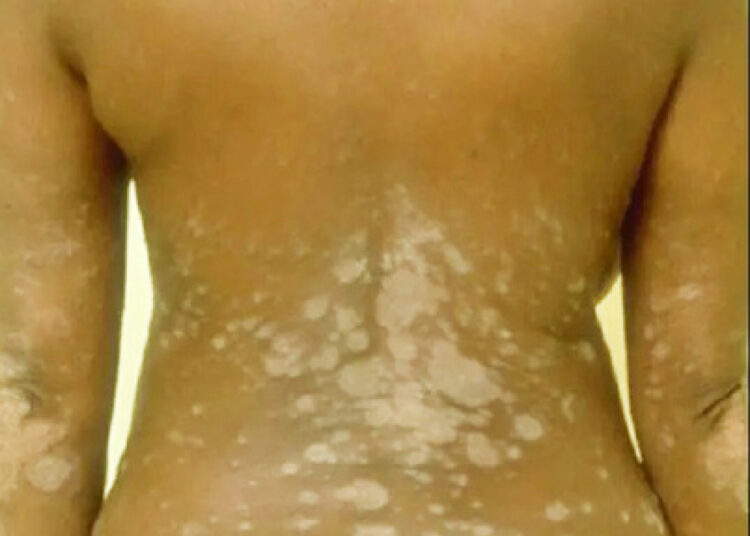Our skin works tirelessly to protect us, yet when it faces a condition, it can feel frustrating and overwhelming. Skin issues like acne, eczema, rosacea, and others are more than just cosmetic—they affect our confidence and overall well-being. Understanding what’s happening beneath the surface and knowing how to treat these conditions can make all the difference. Let’s explore some common skin conditions and how to manage them effectively with clarity and compassion.
Acne: It’s Not Just For Teenagers
Acne is one of the most common skin concerns, and it doesn’t always fade with age. This condition occurs when pores become clogged with oil, dead skin cells, and bacteria, leading to blackheads, whiteheads, or painful cysts.
Treatment Options:
Mild To Moderate Acne: Over-the-counter treatments containing benzoyl peroxide or salicylic acid can help unclog pores and reduce inflammation.
Persistent Breakouts: Dermatologists may recommend retinoids, antibiotics, or hormonal treatments tailored to your needs.
Lifestyle Tips: Maintaining a simple skincare routine, eating a balanced diet, and managing stress can support clearer skin over time.
Eczema:
Eczema, or atopic dermatitis, leads to itchy, red, and sometimes cracked skin. It’s often triggered by allergens, irritants, or stress. While it is a chronic condition, flare-ups can be managed effectively.
Treatment Options:
Daily Moisturizing: Use creams with ceramides or hyaluronic acid to strengthen the skin barrier.
During Flare-ups: Topical corticosteroids can reduce inflammation quickly, while antihistamines can help calm itching.
Avoiding Triggers: Choose gentle, fragrance-free products and identify allergens to prevent flare-ups.
Psoriasis:
Psoriasis is an autoimmune condition that accelerates skin cell turnover, resulting in red, scaly patches. It’s not contagious but can feel isolating because of its visible nature.
Treatment Options:
Topical Treatments: Steroid creams and vitamin D analogs can help manage mild symptoms.
Light Therapy: Controlled UV exposure reduces inflammation and slows skin cell production.
Specialist Care: Severe cases may benefit from biologic medications that target the immune system.
Rosacea:
Rosacea is characterized by persistent redness, bumps, or visible blood vessels on the face. It’s a chronic condition that flares up with triggers such as spicy foods, sun exposure, or stress.
Treatment Options:
Soothing Skin: Topical treatments like azelaic acid or metronidazole can calm redness.
Laser Therapy: Advanced treatments can reduce visible blood vessels.
Trigger Awareness: Keeping a diary of triggers can help manage symptoms more effectively.
Fungal Infections:
Fungal infections, such as athlete’s foot or ringworm, thrive in warm, damp environments and cause itching, redness, and flaky skin.
Treatment Options:
Antifungal Products: Most mild infections respond well to over-the-counter creams or powders.
Severe Infections: Persistent infections may require oral antifungal medications.
Prevention: Keep skin dry, wear breathable fabrics, and avoid walking barefoot in communal areas.
When To Seek Professional Help:
If any skin condition persists, worsens, or causes significant discomfort, it’s important to seek the advice of a healthcare professional or dermatologist. Early intervention can help prevent further complications and ensure the best possible outcome for your skin health.





